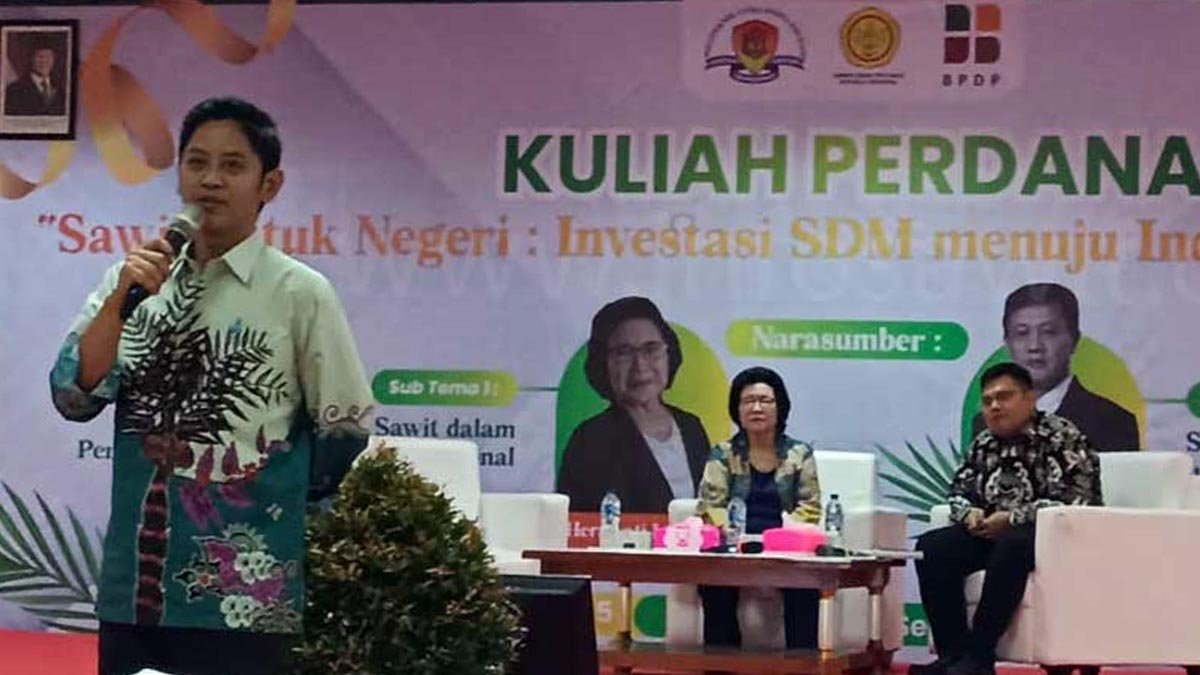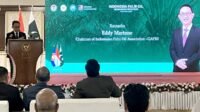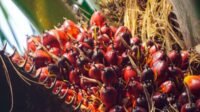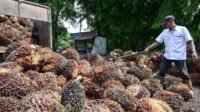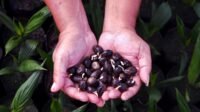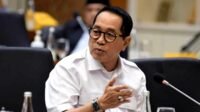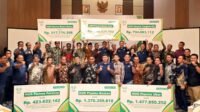PALMOILMAGAZINE, BEKASI — The Coordinator for Institutional Affairs at the Directorate of Oil Palm and Various Palms, Directorate General of Plantations, Ministry of Agriculture, Mula Putra, underscored the importance of synergy among all stakeholders to ensure the long-term sustainability of Indonesia’s palm oil industry. He delivered this message during the inaugural lecture at Citra Widya Edukasi Palm Oil Polytechnic (Poltek CWE), themed “Palm Oil for the Nation: Human Capital Investment Toward Golden Indonesia 2045.”
Mula Putra noted that oil palm, first introduced to Indonesia in 1848 and expanded as a smallholder crop in the 1970s, now covers around 16 million hectares nationwide. However, he warned that productivity has declined over the past four years, posing a serious challenge to the sector. “Downstream development is the key to sustaining the industry. Every stakeholder must take part and share responsibilities,” he emphasized.
He also highlighted the importance of implementing environmentally friendly plantation practices, particularly through the Indonesian Sustainable Palm Oil (ISPO) certification. “The palm oil industry operates across three stages—upstream, midstream, and downstream—all of which create employment opportunities. Therefore, innovation and competency are essential to strengthen competitiveness,” he explained.
The government, he added, continues to support the sector through initiatives such as the Smallholder Palm Oil Replanting Program (PSR), infrastructure development, human resource training, and research and innovation funding. “Our vision is to improve productivity continuously. The future of palm oil depends on collaboration among the government, companies, smallholders, and the academic community,” he stated.
In closing, Mula Putra expressed his optimism that Poltek CWE will play a vital role in producing competent and ethical palm oil professionals. He emphasized three key qualities for students: strong character grounded in honesty and faith; outstanding performance through hard work, creativity, and innovation; and broad-mindedness supported by reading habits, cultural understanding, digital literacy, and financial management skills. “If these values are nurtured, the palm oil industry will remain resilient and continue to drive Indonesia’s future growth,” he concluded. (P2)

